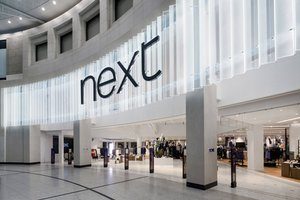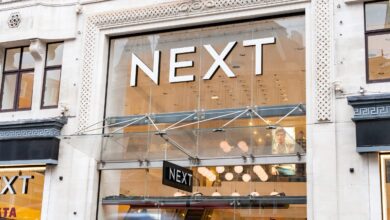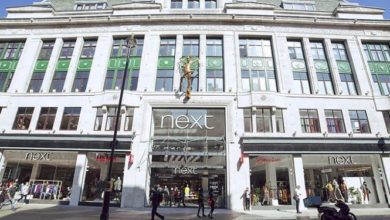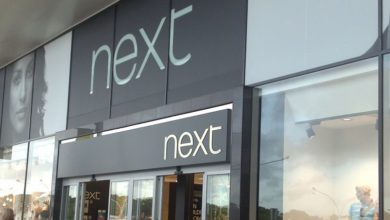How the FatFace deal lines up with Next’s aggressive acquisition strategy
Retail Sector analyses the Next acquisition of FatFace and puts it into the context of recent acquisitions by the brand

This year has been a year full of big mergers and acquisitions and October has continued in that vein. The latest of these acquisitions has come in the form of Next’s £115m takeover of lifestyle brand FatFace.






